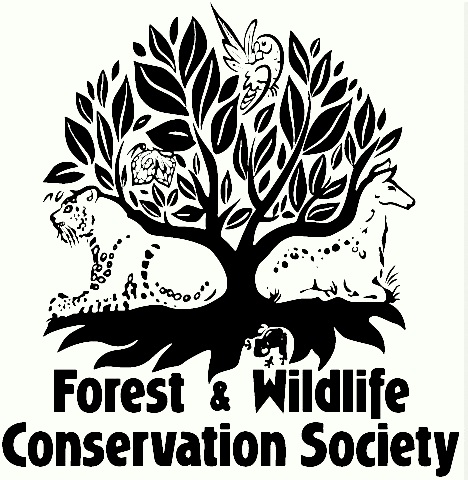Aim:
Conservation of nature as the basis for restoration of ecological balance, sustainable management of natural resources (specifically forests & wildlife habitats) and promotion of sustainable and equitable development.
Objectives:
- Wildlife & Habitat Protection
- Support and Conduct research and on-ground conservation programs to protect natural ecosystems.
- Encourage proaction by local communities for the conservation of wildlife and their habitats.
- Collaborate with national and international organizations, the Forest Department and other relevant authorities for conducting wildlife research, assisting with wildlife management and promoting relevant training opportunities.
- Create awareness on human and wildlife co-habitation, the status and protection of endangered plant and animal species through education campaigns, ecotourism, media coverage and creation of documentary films.
- Reforestation, Afforestation and Conservation of Forests
- Conduct tree planting programs in protected forests and urban areas to increase green cover and reduce soil erosion.
- Reforest with native plant species in order to attract native wildlife.
- Educate communities, raise awareness and provide training for the prevention and control of forest fires and illegal logging.
- Conduct and support programs for mangrove conservation.
- Raise awareness and implement strategies related to grazing pressure and its consequences.
- Assist tribals to reduce reliance on forest resources and to generate income sustainably.
- Water Conservation within Forests
- Educate locals including tribals about sustainable management of natural water sources, responsible use of water and rain water harvesting techniques.
- Promote natural water harvesting methods by constructing ponds and waterholes within forests.
- Human and Wildlife Co-habitation
- Educate locals about the benefits of co-habitation with wildlife.
- Strategize and implement measures to mitigate human-wildlife conflict.
